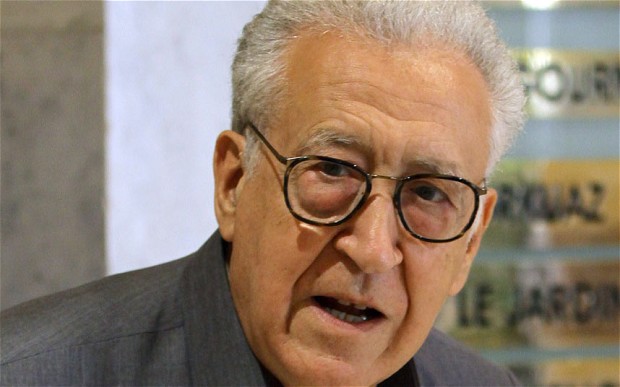JERUSALEM: During the first night of the J Street conference, when delegates were just getting settled, a half dozen speakers – activists, rabbis and students – unexpectedly poured their hearts out. The 1,500 people in the hall, the speakers insisted, were not only gathered to represent the majority of American Jews who think US policy should put its weight behind bringing about a two-state solution. We were gathered also to redeem “Jewish values . You heard a good deal of the phrase “Tikkun Olam , the repair of the world, that night. And I confess to cringing at times. Was social improvement a peculiarly Jewish desire? Could Tikkun Olam, a kabalistic concept turned into a leftist cliché, cancel out the fact that the Occupation is advanced by zealots of Jewish law, or that rightist, neoconservative ideas are particularly strong (so polls show) among the quarter of American Jews who attend synagogue at least once a month?
And yet something in the claim of these J Street speakers seems vaguely true. After all, 78 percent of American Jews voted for Barack Obama. Why, as the neoconservative Commentary Magazine complained in 1969, do Jews not just vote Republican and advance their class “interests ? Wasn’t McCain a more avid “supporter of Israel ? Sure people who have been pushed around as much as Jews might be expected to be for the underdog, including Palestinians under occupation. But suffering, though ingrained in Jewish literature, is not uniquely Jewish either; nor does it necessarily make you peaceful or empathic. Are we to believe then that this desire for social improvement springs from Jewish tradition and if so, can it be redeemed by, of all things, J Street’s American liberalism?
Actually, this begs the question, not of who is a Jew, but what is the tradition. Take the most solemn and widely observed Jewish practice, the Yom Kippur liturgy. Jews read the portion from Leviticus in which a stringent atonement fast is commanded. Right after, we read a portion from Isaiah in which people who afflict themselves with starvation are mocked: “No, this is the fast I desire: to . untie the cords of the yoke, and so forth. In the afternoon, we chant the book of Jonah, in which God uses a parable to teach compassion to his own prophet, a man who-much like neoconservatives-says he would rather die than accept a world in which sinful people are not identified and punished.
So what is the tradition? The law commanded by Torah? Is it the prophet’s gloss on the law? Or another prophet’s sublime lesson in humility? (or the Talmud’s commentaries on the limits to humility?) The point is: the texts are not monolithic and mere humans have made choices about what commandments to perform, in what spirit: what interpretations to bring, and what texts or melodies to juxtapose. Before “modernity , rival rabbinic councils were the ones to choose; their implicit foil was the dogmatic uniformity of the Church. But at least since Napoleon marched the enlightenment into Poland, there was a new question: who gets to make the choices for Jewish “citizens of a republic? This is where the liberal impulses circulating at J Street come in.
The phrase “Jewish values , you see, makes sense only to people who assume a world of free will. You have to believe that, generally, people have intellectual personality, individual sovereignty, and moral erudition – that more sacred than the Book is the right to interpret books. Incidentally, this enlightenment insight not only marked Jews for successful acculturation into America, but arguably launched Zionism, too. If every Jew was going to be his own rabbi, then Jewish civilization had best be held together by a common language and territory.
So if Jews can be said to have stood for anything traditionally, was it not this allergy to dogma – this breaking of idols? Did we not see the democratic rights as, well, commanded? And, tragically, have not the land of Israel and Jewish military power themselves become idols for American Jews since 1967 – or at least for leaders who spoke for the “community , while liberals remained aloof from its parochialism? Anyway, J Street says, “No more. Occupation and settlements justified by isolated passages of scripture debase the way Jews justify anything. Jews are not, or not only, an interest group. It is now Palestinians who have a “yoke to “untie .
In his 1934 preface to the Hebrew translation of Totem and Taboo, Freud asked: when you eliminate Hebrew, the “religion of one’s fathers , and “nationalist ideals , what “is left that is Jewish ? He answered: “A very great deal, and probably its very essence. Perhaps.
Bernard Avishai teaches business at the Hebrew University. He writes for Harper’s, The Nation, and many other magazines. He is the author of The Hebrew Republic, and blogs at bernardavishai.com and TPM. This article was written for the Common Ground News Service (CGNews).

